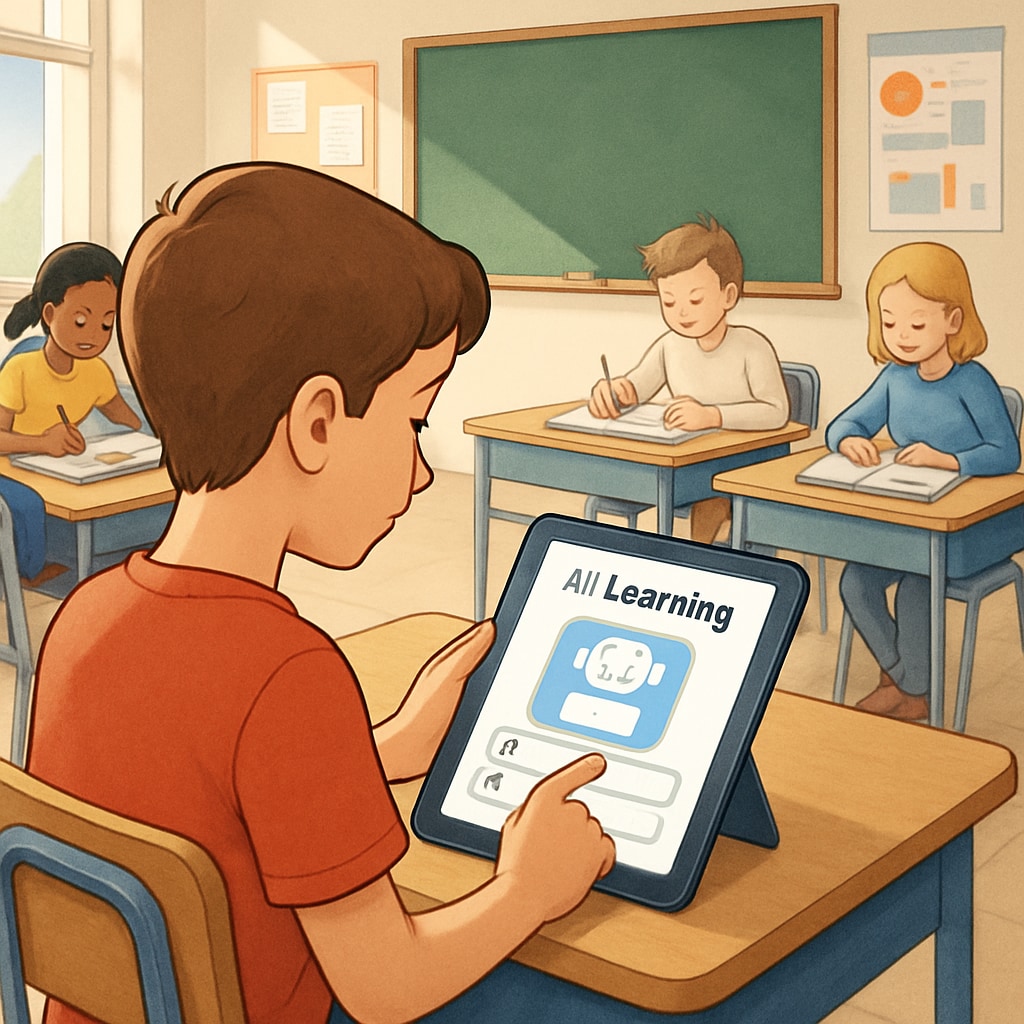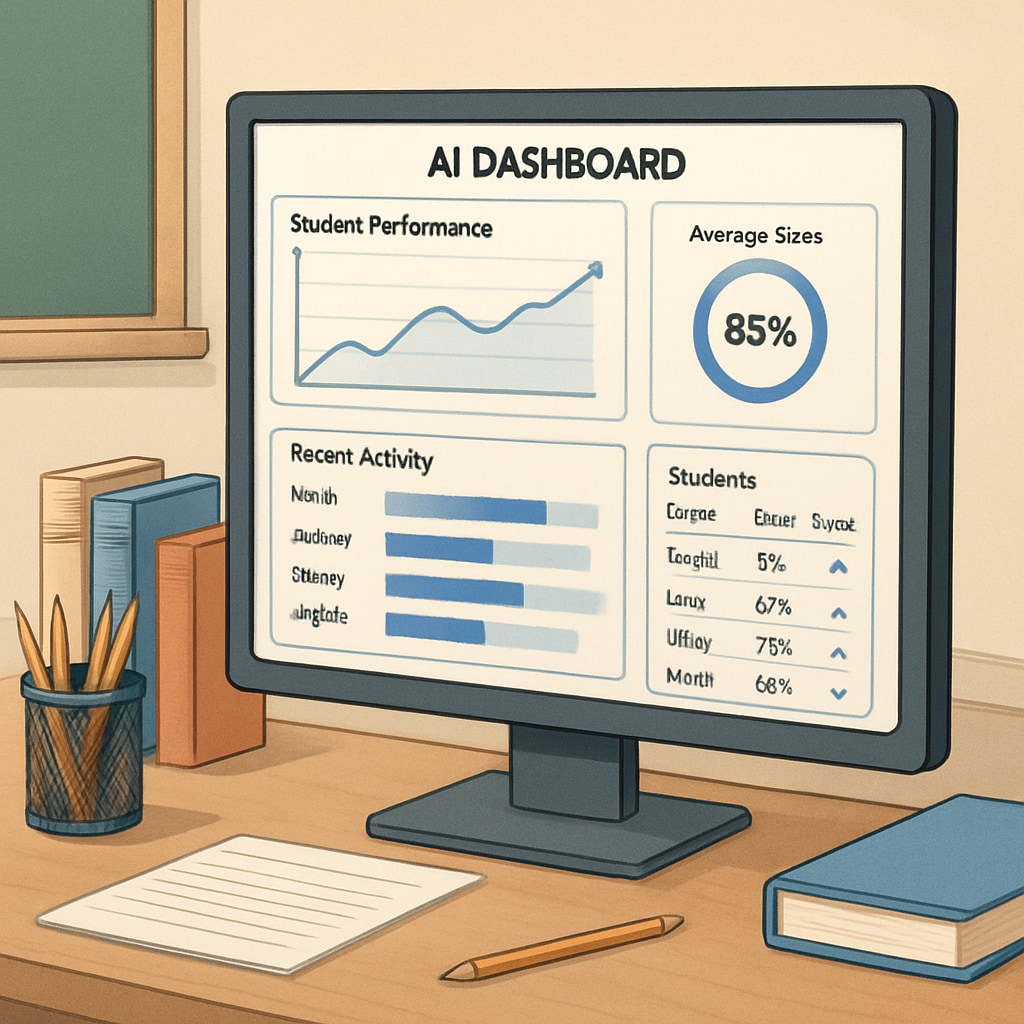Artificial intelligence (AI) is reshaping the landscape of school education, particularly in the K12 sector. As technology evolves, its impact on personalized learning, teacher roles, and educational assessment becomes increasingly evident. The next 5 to 10 years promise significant changes, presenting both opportunities and challenges for educators, students, and policymakers alike.
Transforming Personalized Learning with AI
One of the most tangible ways AI is affecting K12 education is through personalized learning. By leveraging data analytics and machine learning algorithms, AI systems can tailor educational experiences to meet the unique needs of each student. For example, platforms like adaptive learning software analyze a student’s performance in real-time, adjusting the difficulty level and offering targeted support as needed.
In addition, AI tools can identify learning gaps more effectively than traditional methods. This allows educators to implement timely interventions, ensuring no student falls behind. For instance, programs such as DreamBox Learning and Carnegie Learning have already demonstrated how AI can create dynamic, individualized lesson plans. As a result, students are empowered to learn at their own pace, fostering deeper engagement and understanding.

Redefining the Role of Teachers in the Age of AI
AI is not replacing teachers; rather, it is redefining their roles. Educators are shifting from being sole providers of knowledge to becoming facilitators and mentors. With AI handling administrative tasks—such as grading assignments or tracking attendance—teachers can dedicate more time to fostering critical thinking, creativity, and emotional intelligence in students.
Moreover, AI-powered tools offer valuable insights into classroom dynamics. For example, sentiment analysis systems can monitor student engagement levels, helping teachers adjust their instructional strategies. This collaborative relationship between AI and educators enhances the learning experience, ensuring that technology complements human expertise rather than replacing it.
Overhauling Assessment and Evaluation Systems
Traditional assessment methods often fail to capture the full spectrum of a student’s abilities. AI is set to revolutionize this by introducing more holistic and continuous evaluation systems. Machine learning algorithms can analyze a wide array of data points, from quiz scores to class participation, offering a comprehensive view of a student’s progress.
In addition, AI enables real-time feedback, which is crucial for effective learning. For instance, tools like Grammarly and Turnitin use AI to provide immediate suggestions on writing tasks, helping students refine their skills on the spot. As a result, assessments become more dynamic and meaningful, moving beyond standardized tests to encompass a broader range of competencies.

Challenges and Ethical Considerations
While the benefits of AI in K12 education are undeniable, there are also significant challenges to address. Data privacy is a major concern, as AI systems require access to sensitive information to function effectively. Ensuring that student data is protected and used ethically is paramount.
Furthermore, the digital divide poses a risk of exacerbating educational inequalities. Schools in underfunded regions may struggle to access the necessary technology, leaving some students at a disadvantage. Policymakers and educational institutions must work together to bridge this gap, ensuring that AI-driven advancements are accessible to all.
Embracing the Future: Preparing for Change
To fully harness the potential of AI in education, stakeholders must adopt a proactive approach. Teachers should receive training to integrate AI tools effectively into their classrooms. Similarly, schools must invest in infrastructure that supports advanced technologies.
Collaboration between educators, technologists, and policymakers is essential for creating an equitable and effective AI-driven education system. By addressing challenges head-on and embracing innovation, the K12 sector can unlock unprecedented opportunities for growth and learning.
In conclusion, artificial intelligence is poised to transform school education over the coming decade. By revolutionizing personalized learning, redefining teacher roles, and enhancing assessment systems, AI offers a glimpse into a smarter, more inclusive future. As we navigate this new era, the key will be to ensure that technology serves as a tool for empowerment, fostering a brighter future for all learners.


